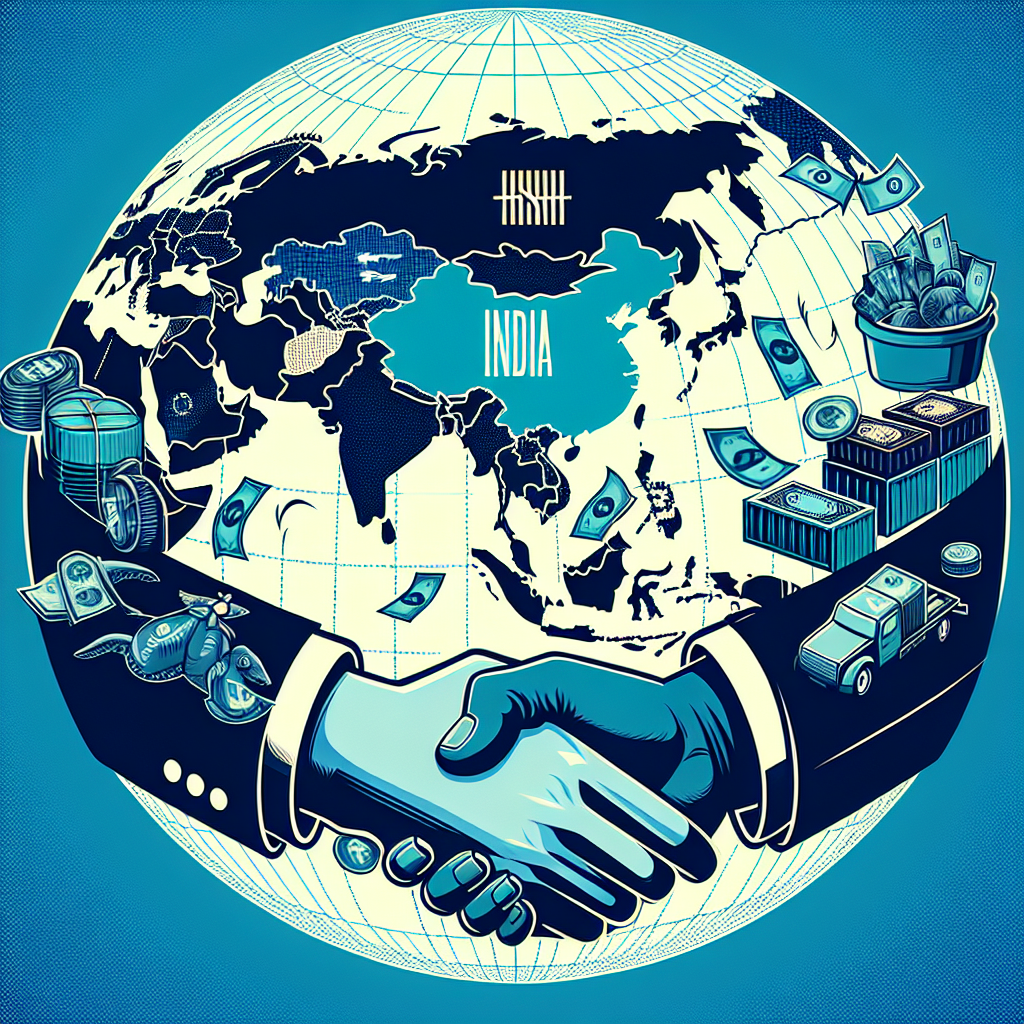ASEAN Faces Geopolitical Crossroads Amid US Trade Tariff Threats
The ASEAN foreign ministers' meeting in Malaysia sees looming US trade tariffs as a pressing concern. Prime Minister Anwar Ibrahim warns that global trade is being weaponized, urging regional cooperation amid rising geopolitical tensions. While Vietnam secures a deal, other members face potential increased tariffs, necessitating strategic intra-regional collaboration.

At the annual meeting of Southeast Asia's foreign ministers, Malaysian Prime Minister Anwar Ibrahim emphasized the weaponization of global trade as a critical challenge. The looming threat of US trade tariffs casts a shadow over the Association of Southeast Asian Nations (ASEAN), a bloc of ten nations heavily reliant on trade.
In his address, Anwar highlighted an era where 'power unsettles principle,' urging ASEAN members to ramp up intra-regional trade and reduce reliance on external powers. Meanwhile, US President Trump has announced plans to implement new tariffs on August 1 unless agreements are reached, prompting countries like Vietnam to secure trade deals to lower their tariffs.
As ASEAN grapples with these trade challenges, it also faces internal issues such as the Myanmar civil conflict and Thailand-Cambodia border dispute. Despite these hurdles, the bloc aims to maintain a rules-based order, with crucial talks involving major trade partners like the US, China, and Russia scheduled. Analysts suggest expectations for ASEAN's coordination with global powers are evolving, reflecting a shift in Washington's regional policy.
(With inputs from agencies.)
ALSO READ
India-Pakistan Cricket Legends Match Cancelled Amid Geopolitical Tensions
Pathway to Peace: Russia's Pursuit Amidst Geopolitical Tensions
COSCO's Strategic Play: Navigating Global Ports and Geopolitical Tensions
Rouble's Plunge: Geopolitical Tensions Weigh on Russian Currency
Global Oil Market Faces Rising Prices Amid Geopolitical Tensions










